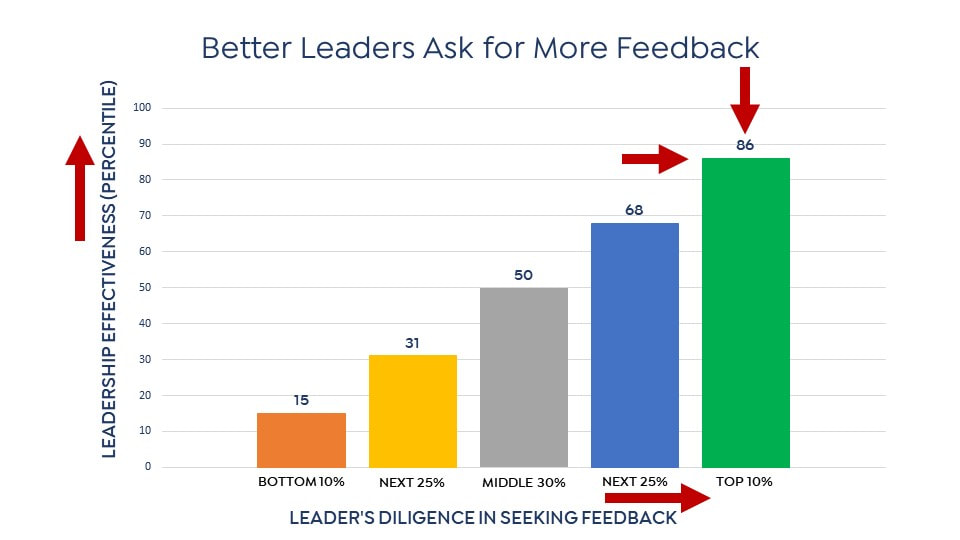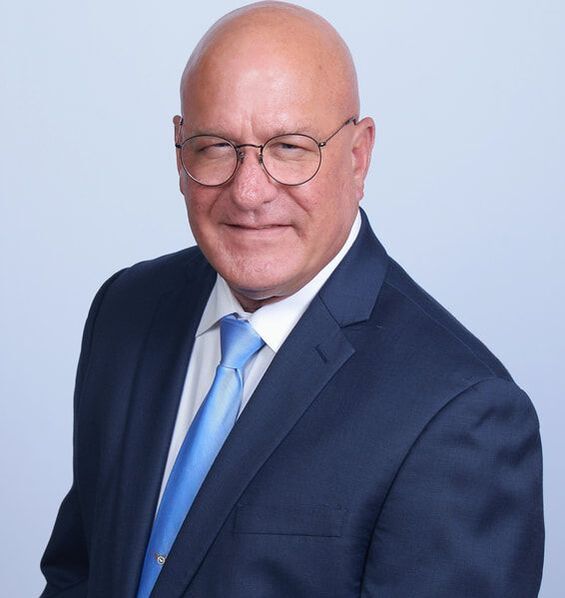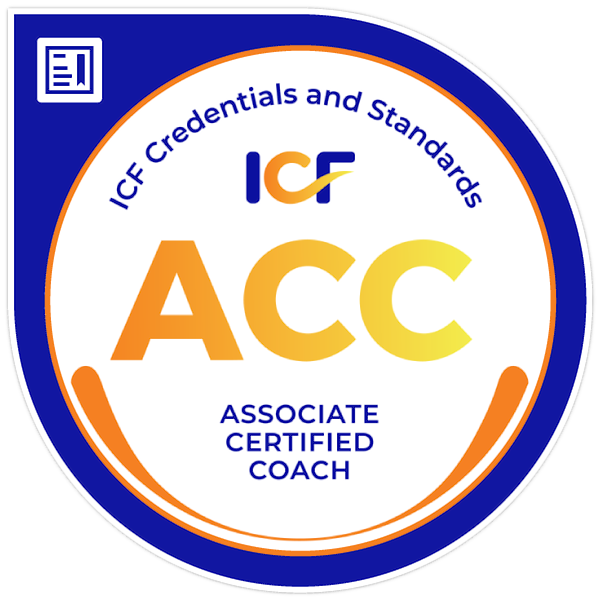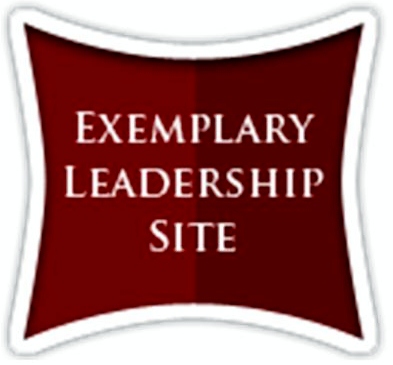|
Your boss and those around you probably point to things like metrics and organizational and team goals and targets to answer our title question—and they are right to do so—but only partly right. You are on a great, probably life-long, leadership journey. And those outcomes that people most often look at are relatively short-term. The dynamics impacting them will change. How they are measured will change. And new metrics will come along. But most importantly, they are driven by something bigger, deeper, and more stable and long-term—something more root cause, something way more fundamental. At their deepest core, organizational metrics, goals, and targets are driven by who you are as a person and leader, what you believe, your mindset, values, and your own levels of engagement, excitement, and passion. That's what drives your 'talk' and behavior. And depending on what that is and how it's leveraged, it will either motivate and inspire others to follow you and make a positive difference in the world or not. It’s so easy to get caught up with (and sometimes, frustrated with) metrics and strategic goals and lose sight of why we became a leader in the first place. Have you taken the time and put in the effort to identify, clarify, and clearly articulate just what that is for you? Before you can walk the talk, you have to clearly know what the talk is. JIM KOUZES & BARRY POSNER The Leadership Challenge I'm going to let you in on a secret. When you identify, clarify, clearly articulate, and daily connect to your why and strategically use it to show up at your leadership best, all of those metrics will fall into place more easily and more quickly than ever before. It all starts with self-awareness. Self-awareness is an age-old starting point for anyone serious about any type of growth and development—and that certainly includes leadership development and amplifying your leadership effectiveness. Compare this to project management and change management. You start with clarifying current state and why you need change (growth) before you start moving towards defining what future state should look like and setting goals or developing an action plan on how to get there. In today's blog, I'm going to offer you three, very strong answers to today's title question.  1) Leadership GPS If you haven’t noticed from my blog and LinkedIn posts lately, I'm passionate about leading with meaning and purpose—about having an identified and clearly articulated Leadership GPS that is leveraged authentically and effectively. Everything else you do as a leader is impacted by it. It does you and those you serve little good to learn conflict management skills, for example, if that's not rooted in and stems out of a firm and clear belief in why you are here as a leader, strong values and principles, and how you want to make a positive difference in the world. And the same goes for any other thing you try to learn and do as a leader. All other metrics and outcomes are dependent on this—employee engagement, wellbeing, retention, revenue and financials, productivity, change and crisis management—all of it. It is your rock, your foundation, your solace, your inspiration, and it serves as your guidance system under any circumstance. As one leader shared with me the other day, it unleashes in you an "irrational confidence." If you think of your leadership and your life as a journey, then a journey without a destination, compass, roadmap, and/or some type of guidance system is not really a journey at all. It’s simply wandering. So the first way to know the answer to our question—and a leadership fundamental, I might add—is to identify, develop, live, and lead by a Leadership Philosophy and Core Values Statement—to lead with greater meaning and purpose. It's what gets us fired up in the morning! Being in touch with that inspires us to show up at our leadership best and be more fully the leader we dream of being. It's what Viktor Frankl and Simon Sinek call your why. But just having one is not enough. It's what academia calls, "necessary but not sufficient." Like any guidance system, you have to know how to use it. You have to know how to leverage your leadership philosophy in order to amplify your leadership effectiveness. The research is clear. Those leaders who lead with greater meaning and purpose are simply more effective. Those leaders who have a clear leadership philosophy score higher on pride in their organization, commitment to their organization’s success, their willingness to work hard, and their overall effectiveness compared to those who are not clear about their leadership philosophy. And people who work for leaders who have a clear why, report feeling stronger team spirit, greater pride in their organization, working longer and harder, and feel like they're making a difference. Most importantly was what they had to say about their leaders. They rated their leader 140% higher on “Overall, my supervisor is an effective leader.” Leading with meaning and purpose matters! If you're interested in learning more about how you can develop your own leadership philosophy and leverage it to amplify your leadership effectiveness, check out this in-depth, expansive, and powerful leadership developmental experience that will show you how: 2) Feedback is Leadership Gold Research shows that by collecting feedback from a variety of perspectives, especially peers and direct reports, leaders can understand how they are seen from all points of view. They can then use this knowledge to assess the extent to which they actually exhibit exemplary leadership behaviors. This gives the leader an opportunity to identify strengths to leverage and opportunities to improve on. In a recent HBR study of 51,896 executives by Jack Zenger and Joseph Folkman, those leaders who ranked at the bottom 10% in asking for feedback—that is to say, they asked for feedback less often than fully 90% of their peers—those low-feedback leaders were also low-effectiveness leaders (rated at the 15th percentile in overall leadership effectiveness). See the chart below. On the other hand, those leaders who ranked at the top 10% in asking for feedback—high feedback leaders—those leaders were also high-effectiveness leaders (rated, on average, at the 86th percentile in overall leadership effectiveness). See the chart below. Adapted from: Zenger, J. & Folkman, J. (2013). Overcoming feedback phobia: Take the first step. Harvard Business Review. 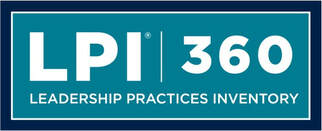 That's why I call this type of feedback leadership gold. Unfortunately, Kouzes and Posner report that the behavior of leaders asking for and receiving feedback on themselves has been consistently rated by direct reports and one-ups of those leaders as one of the least frequently displayed leadership behaviors across industries and time. What's the best way to get that kind of feedback? Hundreds of scientific studies have consistently confirmed the reliability and validity of the LPI and the Five Practices leadership framework on which it is based. To date, it has been trusted by over five million leaders worldwide and it has become the gold standard for leadership development. This led the Center for Creative Leadership to call the LPI the "most reliable and valid instrument for leadership development." The LPI360 The LPI360 or Leadership Practices Inventory provides a self-assessment plus powerful, feedback from a variety of observers who are selected by the leader taking the assessment. You and your observers rate how frequently you engage in each of the 30 leadership behaviors. A customized, detailed, and confidential assessment report is then generated. To learn more and setup taking your own LPI360, just click here: My LPI | 360 |
Alan Mikolaj
Alan Mikolaj is a a professional, experienced, positive, and passionate speaker, leadership and organizational development consultant, change agent, author, and coach. He holds his Master of Arts degree in Clinical Psychology from Sam Houston State University. He is a certified graduate coach from Coaching Out of the Box and holds his ACC and membership with the International Coaching Federation (ICF). Free Discovery Conversation!
Impactful change starts with a conversation! Schedule your free, one-hour session by clicking here: Discovery Conversation with Alan
Or call or email: Contact Page In his third book, A Travel Guide to Leadership, Alan offers you simple, fundamental, and powerful lessons that have the power to transform you, your relationships, and your career.
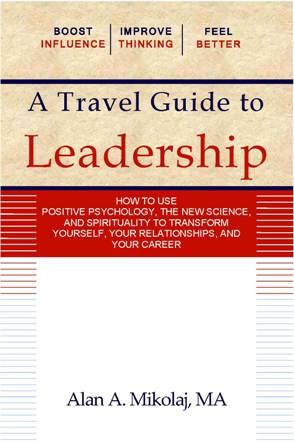
Blog Archives
July 2024

Linked2Leadership
Ranked #1 Business Blog! |
|
CONTACT
TEL: 346-291-0216 EMAIL: [email protected] SCHEDULE TIME WITH ALAN Free Discovery Conversation with Alan |




